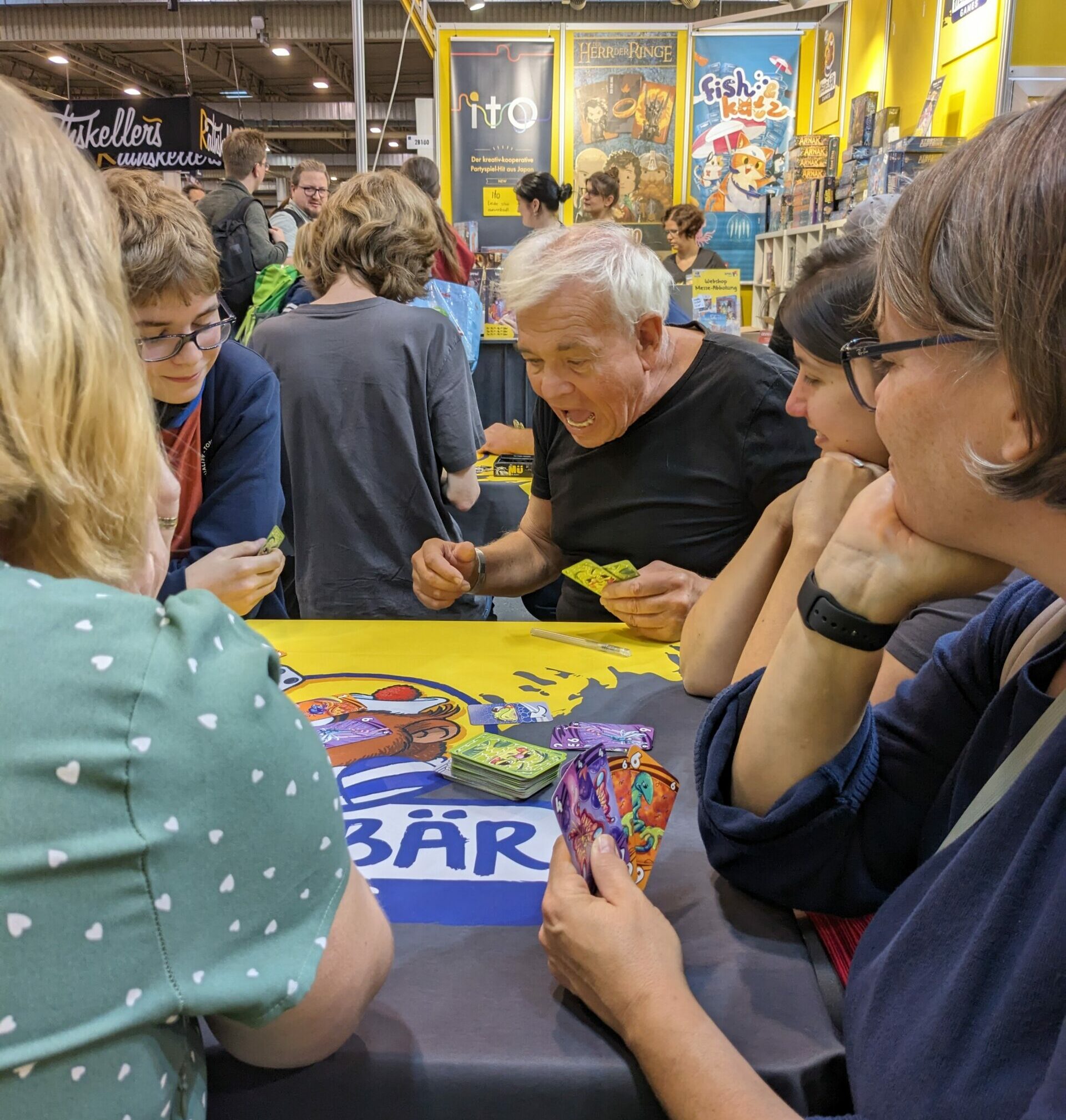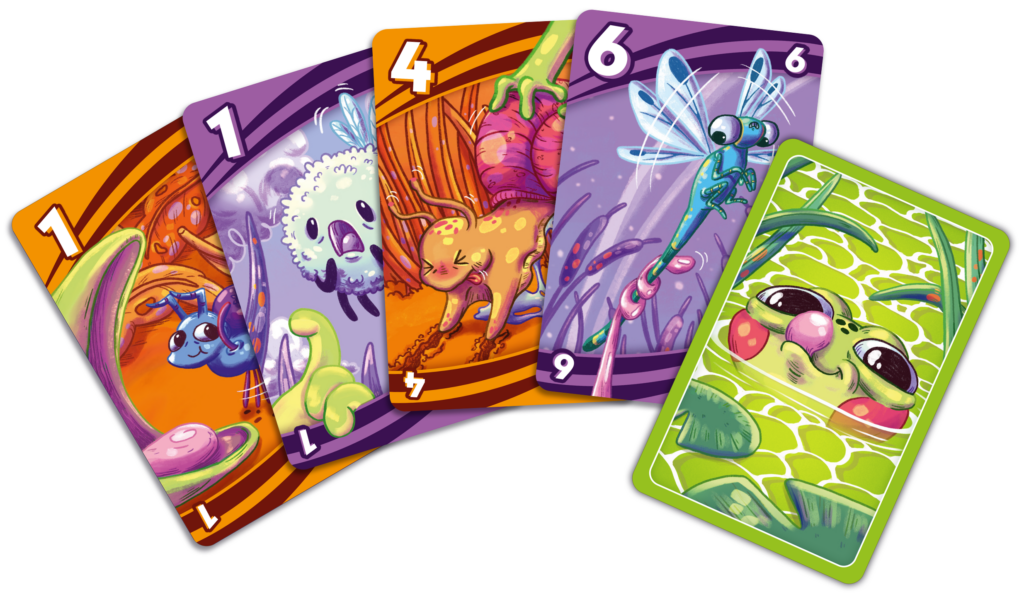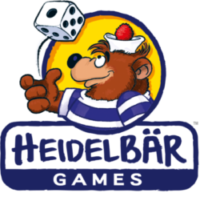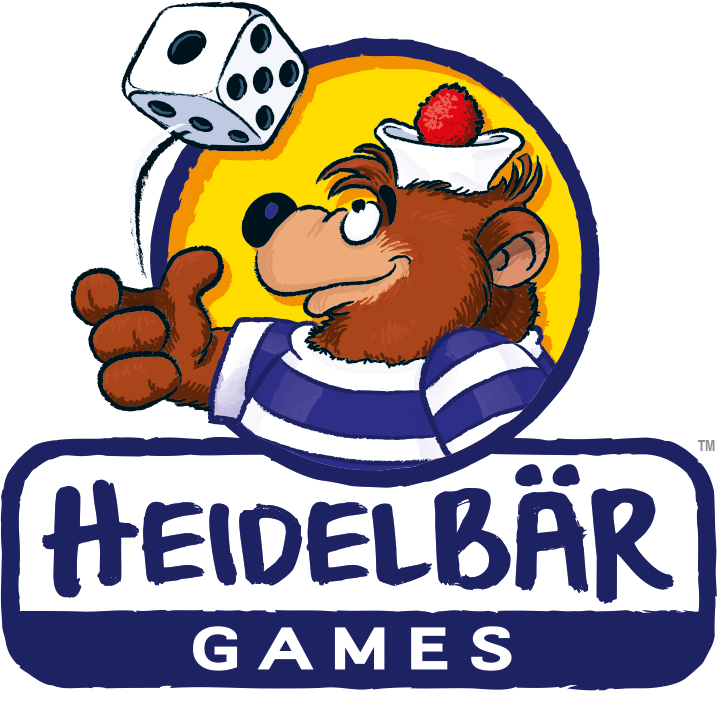
Interview with Christwart Conrad
Christwart Conrad, born in 1957 in Bad Godesberg, has been active in the board gaming scene for decades – as a reviewer, author, editor, seminar leader, and active BoardGameGeek contributor. As a self-taught individual, he has never had a “regular” job but has always worked independently in a variety of ways. Although he is now officially retired, it hasn’t slowed down his drive.
That sounds exciting! What does “versatile self-employed” mean?
In the gaming scene, most people probably know me from my work for the magazine spielbox, for which I’ve been reviewing, editing, and presenting variations of published games for many years. Additionally, I’ve been organizing prototype and author seminars for many years, where participants regularly go on to successfully publish their work, as well as classic game weekends. As an author, I’ve published games with various publishers, including some Carcassonne expansions, which were mostly supplements to spielbox. Beyond gaming, I also organize and lead folklore dance days and advocate for the German language.

What excites you about games?
My particular interest lies in finding games with the same basic idea and observing how existing games evolve over the years through expansions, variants, and reprints. I also enjoy simulation: I get to take on an exciting role with disreputable traits that, ideally, aren’t punished after the game (though sometimes they are). It’s also about exploring possibilities: What works, what almost works, and what no longer works? This applies both to mechanics and to the players.
What’s your favorite game?
It’s hard to name just one favorite because I know so many. But there are many I enjoy and keep playing. In general, I like tactical games for large groups and abstract games. Interaction between players is also very important to me. I appreciate bidding and auction mechanisms, price manipulation, and simultaneous decisions where you have to gauge the tactics of other players. I also enjoy creative games like the party game LINQ. Successful interaction matters more to me than optimization, though I can appreciate that as well. If someone really wants to know, they can check out my reviews in spielbox to see which games I rate highly.
How did Snatch It! come about?
The first idea came to me, no kidding, in a dream. Everyone starts with few resources and wants to increase them by competing over them. Eventually, one person emerges as the winner. That wasn’t a game yet, but it was the first impulse for my Snatch It! prototype. I showed it to Roland from the HeidelBÄR editorial team at a fairly early stage and presented subsequent revisions. At the time, it wasn’t clear whether the game would ever be published. It was an intense process that took two years before it was clear: Yes, HeidelBÄR Games was convinced and it would be published. Then everything suddenly moved very quickly—too quickly! I would have liked more time to test the final rules and graphics with different playgroups, but it had to go to print within just a few days. I hope that a future edition will include a version for 2 players. The theme and design were developed by the HeidelBÄRs, although the prototype already had a pond—just with crocodiles instead of frogs, so it wasn’t too far off. The final game seems to be well-received, which makes me very happy. At the fair, one player told me that she was “shocked and in love” with the game after just a few rounds. That’s very gratifying and gives me hope that it won’t just be a flash in the pan.

What makes Snatch It! so special to you?
It’s really the interaction. There’s a lot to observe, speculate, hope for, and worry about. I find the frustration factor to be well-balanced. For sensitive players, it may be too high, but otherwise, you can enjoy the back-and-forth of the prey animals even if you don’t end up winning. Most importantly, a game doesn’t last forever; it’s very quick and engaging.
Who (what groups) is Snatch It! the perfect game for?
Snatch It! is particularly popular with players who play only occasionally. It offers a high level of sociability, as everyone is involved and can have fun. Within the gaming scene, it’s a great “final game” to wind down a game night.
Do you have more game ideas?
Yes, more than I can actively pursue. In recent years, I’ve developed an increased interest in card games, though that’s not a strict focus. Cooperative games aren’t a priority for me, but there are exceptions. I’m also developing games in collaboration with other authors, though nothing has been published yet.
What was your first game that you developed?
Of the published ones: Vino, which I developed specifically for the German booth at an expo, using German wines. They sent it back to me without comment. Then, in the second attempt at the Hippodice competition, it won first place.

You’ve been in the gaming scene for a long time—how has the gaming landscape changed over time?
A lot has happened in the past decades. At first, I was an outsider, a crazy person who would meet with others on weekends to play. We didn’t just play board games, but also movement games, so-called “New Games,” and spent a lot of time outside. Of course, we were much younger then. In 1983, together with Uwe Mölter (from the Agency Vielfalt, later a specialty retailer and editor), who was also planning a seminar and still looking for participants, I organized a weekend combining table and sports games, some of which I had created myself. Back then, there was much less hesitation about physical contact. Expert games lasting over three hours were being imported from the UK and the US. For some of them, I translated the rules in exchange for games. But we also ordered family games from mail-order companies, like Hextension, which Ravensburger later licensed as Take it Easy.
The acceptance that games are not just for children has clearly increased—though there are still many who doubt this. Globalization has allowed authors and publishers from around the world to be present, and a wide variety of games are marketed in different localizations. I clearly remember a vacation in France in the ’80s when I discovered a game store with games completely unfamiliar to me, while local games were almost absent. Today, at least 90% of the games are the same across borders.
Of course, the classics still exist, but their share of the market has decreased. It’s now very likely that new acquaintances will know the same games. There are many more events, competitions, a global community, and large fan groups for specific games that have organized themselves.
Which game do you think deserves more attention?
Apart from the games I’ve invented and edited: naming just one would be too one-sided, so I’ll reframe the question: Which genre? And for me, it’s abstract games, which are generally considered “underrated” on BGG.
When you think of HeidelBÄR Games, what immediately comes to mind?
A person: Harald Bilz (a strong personality). An object (non-game): the castle.
Which game do you associate with us?
Snatch It!
Which games could you (almost) always play?
Bluff, Doppelkopf, Q.E., Puerto Banana, TransAmerica (which I co-designed with three other colleagues), my own games (except Snatch It!, mainly Franchise and Nuggets), many new trick-taking games, LINQ.
Rapid Questions:
What color is your game piece?
Blue
Which game should everyone play at least once?
KARRIERE POKER
Review or develop—what would you choose?
Why do I have to choose?
Family game or strategy game?
Depends.
Cooperative or confrontational?
The meta-game of playing is always cooperative (otherwise it doesn’t work), but in the game, I clearly prefer competitiveness.
Snacks during game night?
Only if it’s not my game. Seriously, I’m trying to move away from this unhealthy habit—sitting at the table for long periods is already problematic. But no rule without exceptions. And let’s be honest, the success of a game night isn’t completely independent of blood sugar levels…
Salty or sweet?
Sweet
What games are you currently frequently playing?
The ones I’m about to review and the ones I’m currently developing.
Name a game by HeidelBÄR Games?
SNATCH IT!

